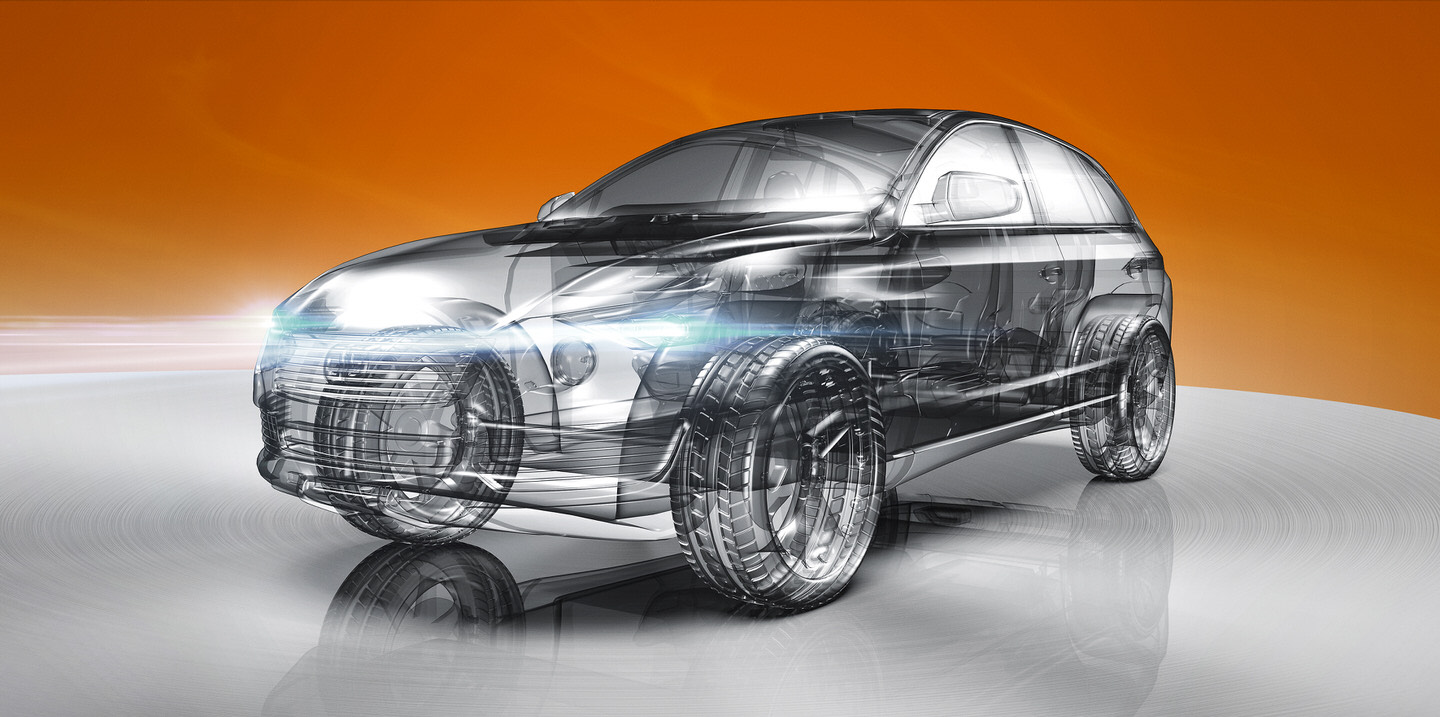Die casting mold is a manufacturing process that involves producing complex, high precision components in large quantities with high efficiency. It is a process that has been used for over a century and has become increasingly popular in various industries, such as automotive, aerospace, electronics, and medical devices. This article will explore the die casting process and how it can be used to manufacture precision components.
The die casting process involves injecting molten metal into a metal mold cavity, which is then cooled and solidified to form the desired shape of the component. The mold cavity is made up of two steel plates, and the molten metal is injected under high pressure into the cavity through a gate. The pressure applied during the injection process ensures that the molten metal fills the entire cavity and the resulting component has a high level of accuracy and consistency.
There are two main types of die casting molds: hot chamber and cold chamber. Hot chamber die casting is used for metals with low melting points, such as zinc, and involves melting the metal in the machine itself. Cold chamber die casting is used for metals with high melting points, such as aluminum and copper, and involves melting the metal in a separate furnace before it is transferred to the machine.
The die casting process has several advantages over other manufacturing processes. First, it can be used to produce components with complex shapes and thin walls that would be difficult to achieve through other methods. Second, it is a highly automated process that can produce large quantities of components quickly and efficiently. Third, the resulting components have a high level of accuracy and consistency, ensuring that they meet the required specifications.
Die casting molds can be made from a range of materials, including steel, aluminum, and copper. The choice of material depends on the type of metal being cast and the required level of precision. Steel molds are the most common and are suitable for high volume production runs, while aluminum and copper molds are more expensive but offer greater precision and longer lifespan.

The design of the die casting mold plays a crucial role in the success of the process. The mold must be designed to allow for the proper flow of metal, the correct cooling rate, and the easy removal of the resulting component. The mold must also be able to withstand the high pressures and temperatures of the injection process without warping or cracking.
In conclusion, die casting molds are a highly efficient and accurate way of manufacturing precision components in large quantities. The process involves injecting molten metal into a metal mold cavity under high pressure, resulting in components with complex shapes and thin walls that meet the required specifications. The choice of material for the mold and the design of the mold itself are crucial factors in the success of the process. With the increasing demand for high quality, high precision components, the die casting process is likely to remain an important manufacturing method for many industries in the future.
-

- Integrated 3-spoke wheel for MTB with CNC machining &surface treatment
-

- Magnesium alloy rigid fork for bicycle -customized die casting metal parts
-

- Magnesium foundry parts Steering column
-

- High precision magnesium thixomolding components laptop housing cover A
-

- OEM Die casting manufacturer produce magnesium alloy wheel for kids push bike
-

- Magnesium thixomolding parts laptop housing cover B

 0086-750-5616188
0086-750-5616188 +86 13392089688
+86 13392089688 sales@zhongmei-tech.com
sales@zhongmei-tech.com







